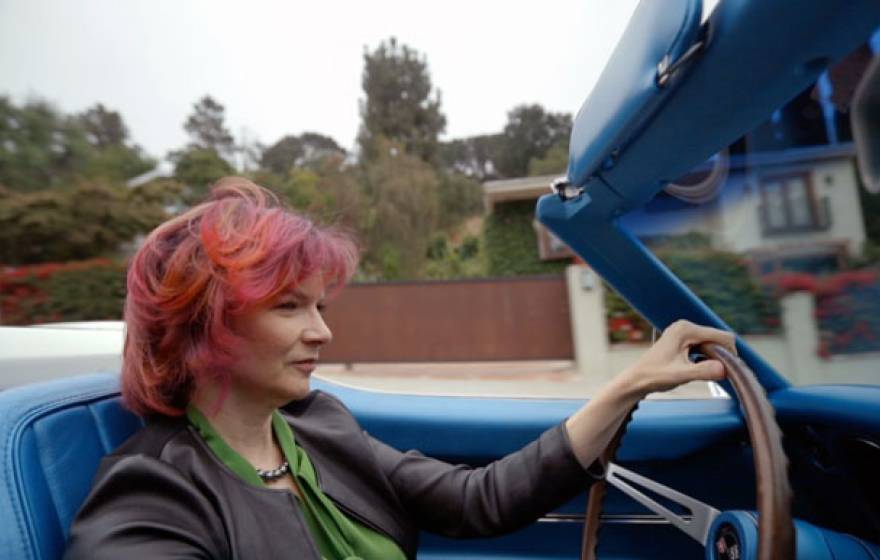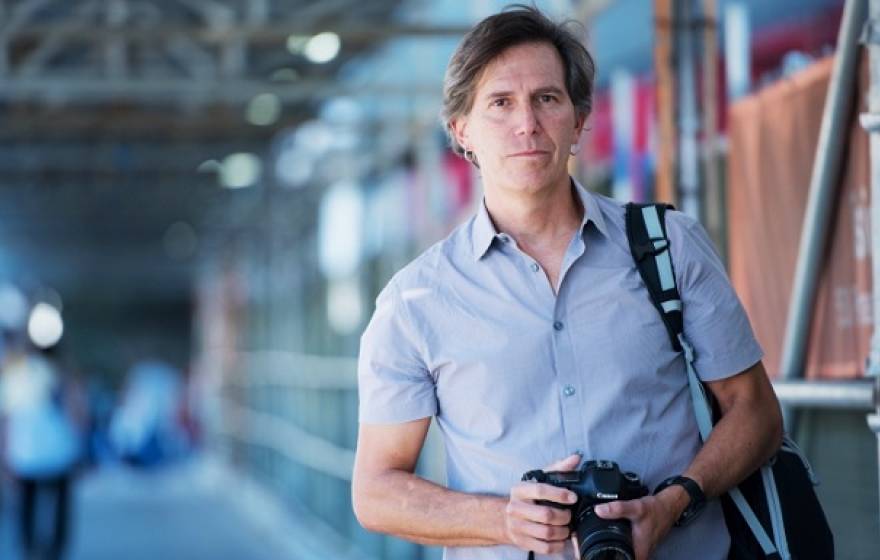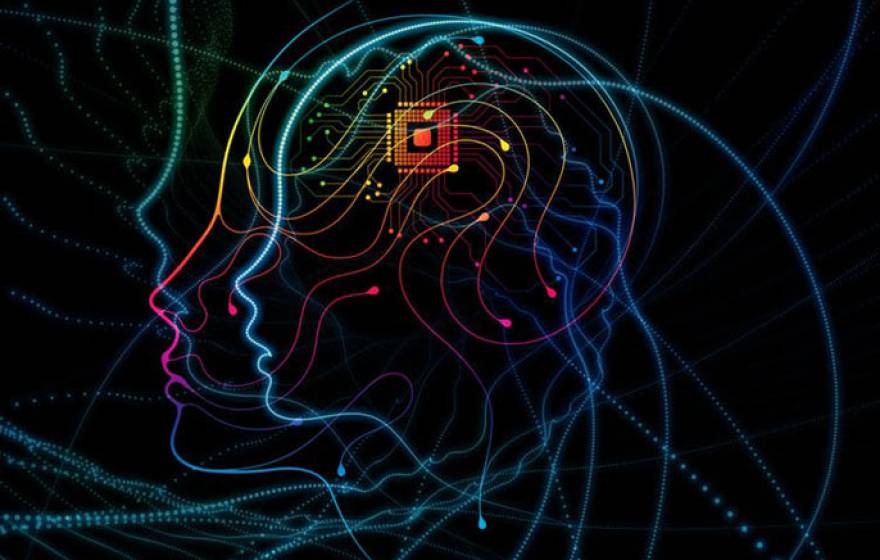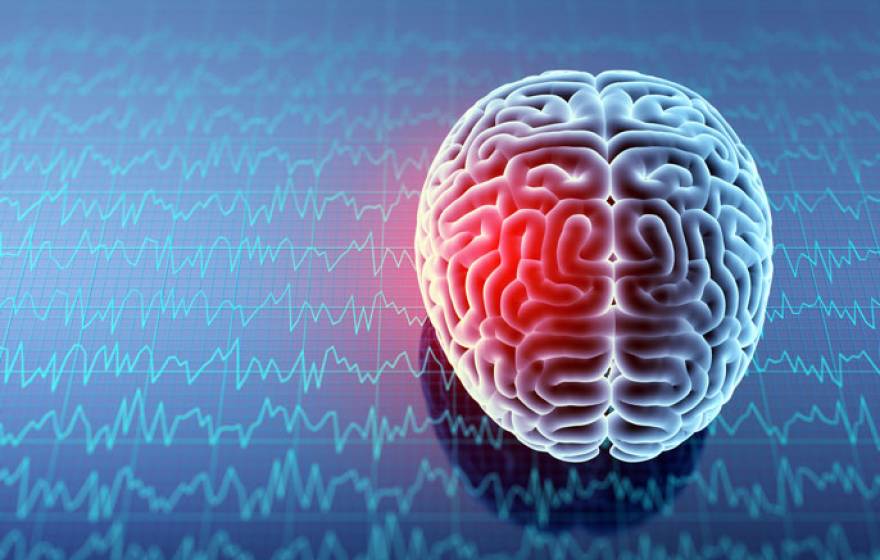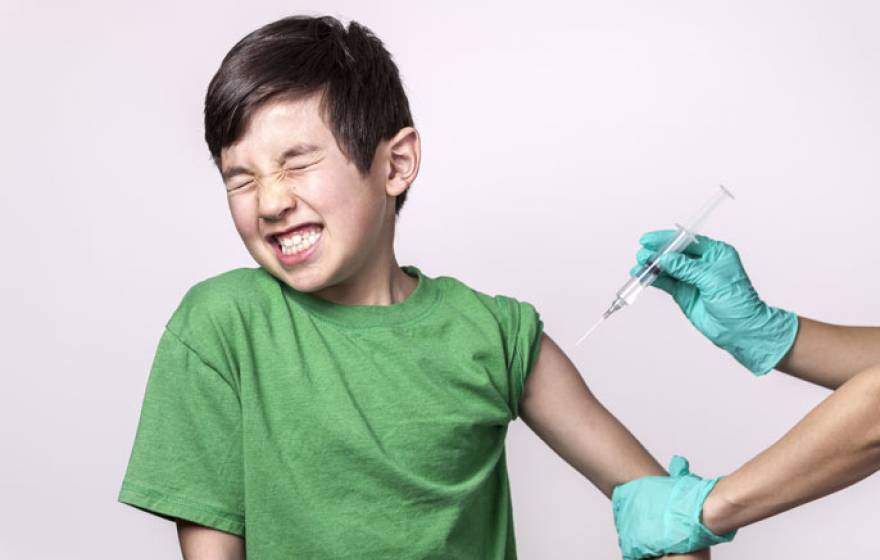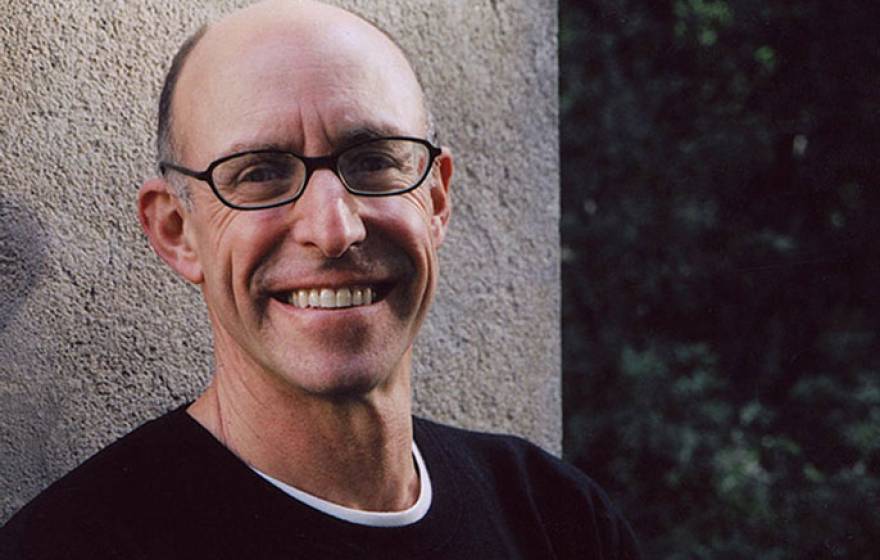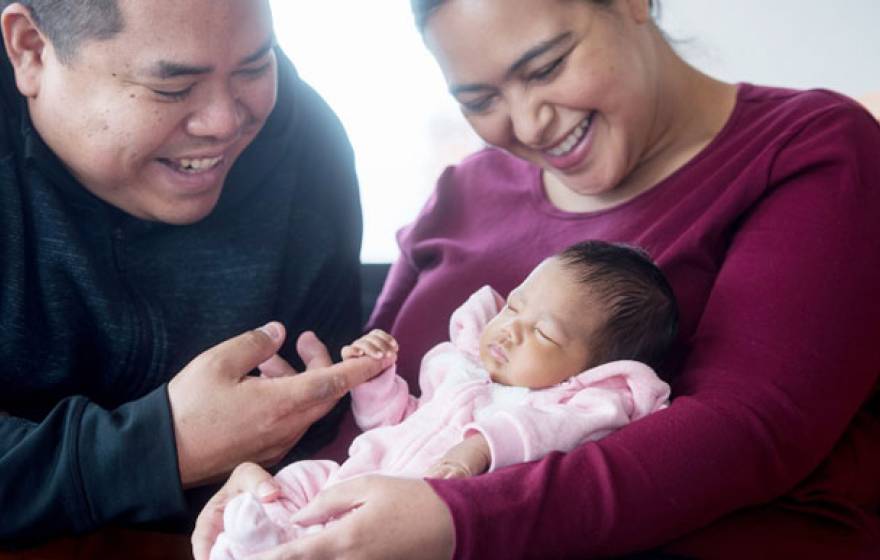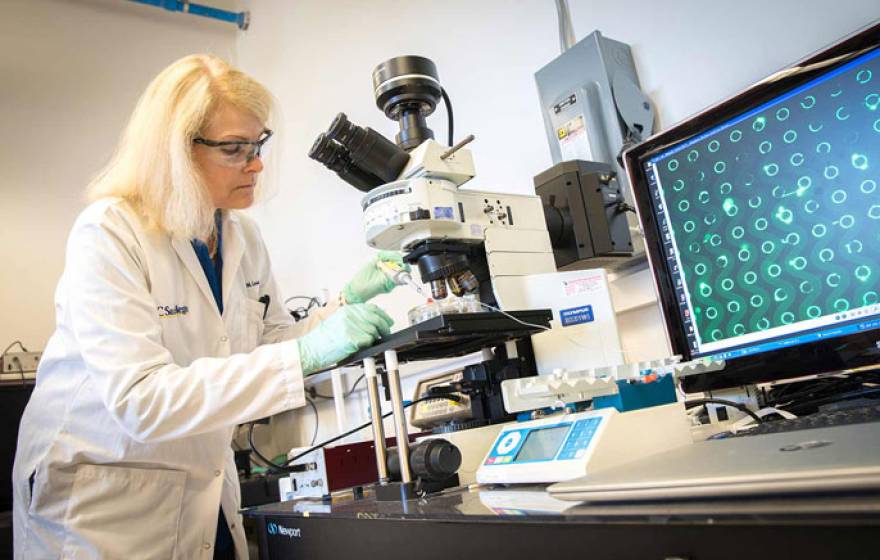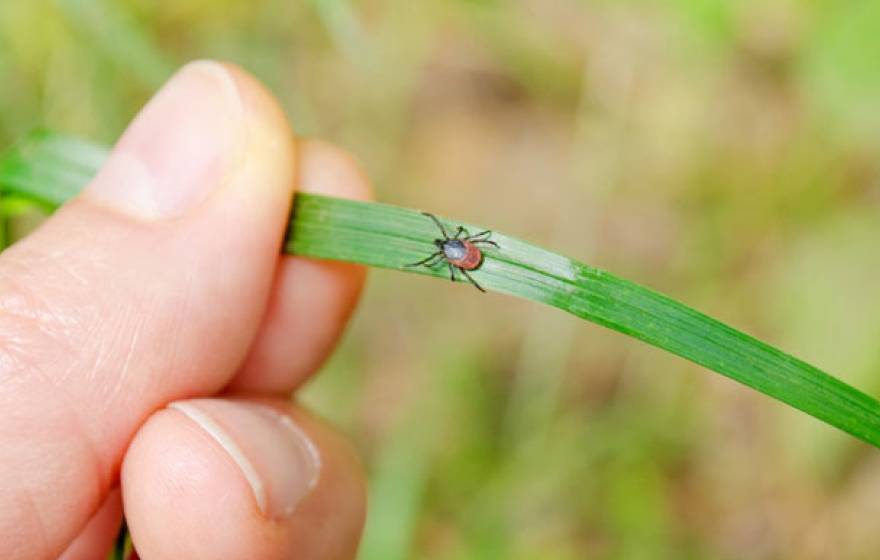Everyday stimuli can be excruciating for kids with sensory processing disorder. Scientists are finding out why.
The unbearable sensation of being
Curing a deadly childhood disease, sharing her love of science, and a sleek ’68 Corvette drive this biochemist
Mashable captures a day in the life of Duchenne muscular dystrophy researcher.
Opioid crisis: This doctor’s street-level views could change the course of the epidemic
UCSF's Daniel Ciccarone explores opioid use up close to try to stem the rising tide of overdoses.
Psychedelic drugs could treat depression, and other mental illnesses
Psychedelics have shown promise in the clinic for treating neuropsychiatric diseases.
Electrically stimulating the brain may restore movement after stroke
The findings suggest the potential for brain implants to treat stroke patients.
Does pain expected equal pain felt? Ask a kid
A science-backed strategy can help calm your kid before their next blood draw or shot.
Hot cars can hit life-threatening levels in only an hour
Interior temperatures can rise to 116 degrees Fahrenheit, potentially causing fatal injuries to children trapped inside.
New test reliably predicts risk of preterm birth
Identifying women at risk in the second trimester could lead to early treatment and prevention.
Michael Pollan, on science, psychedelics and the human mind
The UC Berkeley professor talks his ‘trip’ through a whole new world on a new podcast.
Baby born in world’s first in utero stem cell transplant trial
The fetal treatment may one day cure disorders months before birth.
New blood test rapidly detects signs of deadly cancer
Pancreatic cancer is often detected too late, but a new diagnostic tool shows promise.
What you need to know about Lyme disease this summer
Expert Charles Chiu offers advice on avoiding this diseae on the rise during its peak season.

